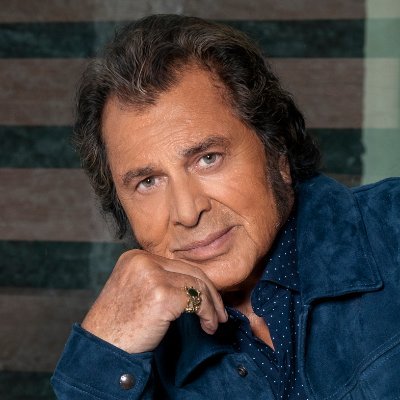Engelbert Humperdinck, celebrated as one of the most iconic romantic balladeers in music history, has a treasure trove of songs that explore the depths of love, longing, and heartbreak. Among these emotional jewels lies a standout but less mainstream track, “If It Comes to That,” released in 1967 on his debut album Release Me. Though it did not achieve the towering commercial success of his other hits, this profound ballad reveals Humperdinck’s mastery in weaving vulnerability and emotional strength into a captivating musical journey.
Born Arnold George Dorsey in 1936, Engelbert Humperdinck emerged under his stage name inspired by a 19th-century German composer. His rise to global fame kicked off with the 1967 smash hit “Release Me,” catapulting his deep, velvety voice and heartfelt style into legendary status. His unique blend of pop, easy listening, and timeless balladry spoke directly to an audience hungry for sincere, romantic expression, and “If It Comes to That” fits perfectly within this tapestry.
The song’s narrative revolves around a poignant exploration of love’s vulnerability intertwined with resilience. It tells the story of a man fully immersed in love but painfully aware that the relationship might end. Without desperation, the lyrics carry a tone of stoic acceptance, preparing the listener for the worst without losing hope. The haunting line,
If it comes to that, I’ll face it somehow
underscores a powerful message of unwavering strength amidst the sorrow of love’s potential loss.
Musically, “If It Comes to That” embodies the classic Engelbert Humperdinck elegance. Its lush orchestral background, with sweeping strings and gentle brass, offers a cinematic richness without overshadowing his voice, allowing the emotion to unfold gracefully. The slow, deliberate tempo mirrors the contemplative mood, crafting a timeless ballad that feels as fresh today as it did decades ago. Humperdinck’s vocal delivery expertly shifts from tender softness to a more assertive intensity, perfectly capturing the song’s emotional complexity.
The lyrics boldly confront the bittersweet dichotomy of love’s beauty and pain, refusing to shy away from the inevitable heartbreak such deep feelings can bring. Instead of bitterness, the song radiates a mature, dignified acceptance of romantic uncertainty. Lines like
If you leave, I know I’ll miss you / But if it comes to that, I’ll carry on somehow
symbolize this delicate balance of vulnerability and inner fortitude that resonates deeply with listeners, particularly those who have faced similar emotional crossroads.
Although not a chart-topping anthem, “If It Comes to That” has carved a cherished place among fans who appreciate Engelbert’s introspective and nuanced artistry. It highlights his versatility, contrasting with his more grandiose hits like “Release Me” or “The Last Waltz” by embracing a quieter, more reflective emotional journey.
The enduring appeal of this song stems from its universal theme: the inseparable link between love’s joy and its risk of loss. Its message—strength in vulnerability—and its sophisticated musical craftsmanship keep it relevant and moving across generations. Central to the song’s power is Humperdinck’s voice, which breathes heartfelt sincerity and transports listeners into the complex emotional landscape of love and heartbreak.
For lovers of timeless ballads and those who cherish music delving into the raw intricacies of human relationships, “If It Comes to That” remains a poignant reminder that love is worth risking everything for. Even when heartache arrives, it is the strength we muster that defines us.
This elegant composition by Engelbert Humperdinck stands as a testament to his exceptional talent and emotional insight. Decades on, “If It Comes to That” continues to strike a chord, blending heartfelt lyrics, sweeping orchestration, and vocal mastery into a classic ballad of resilience and hope amidst love’s uncertainties.
